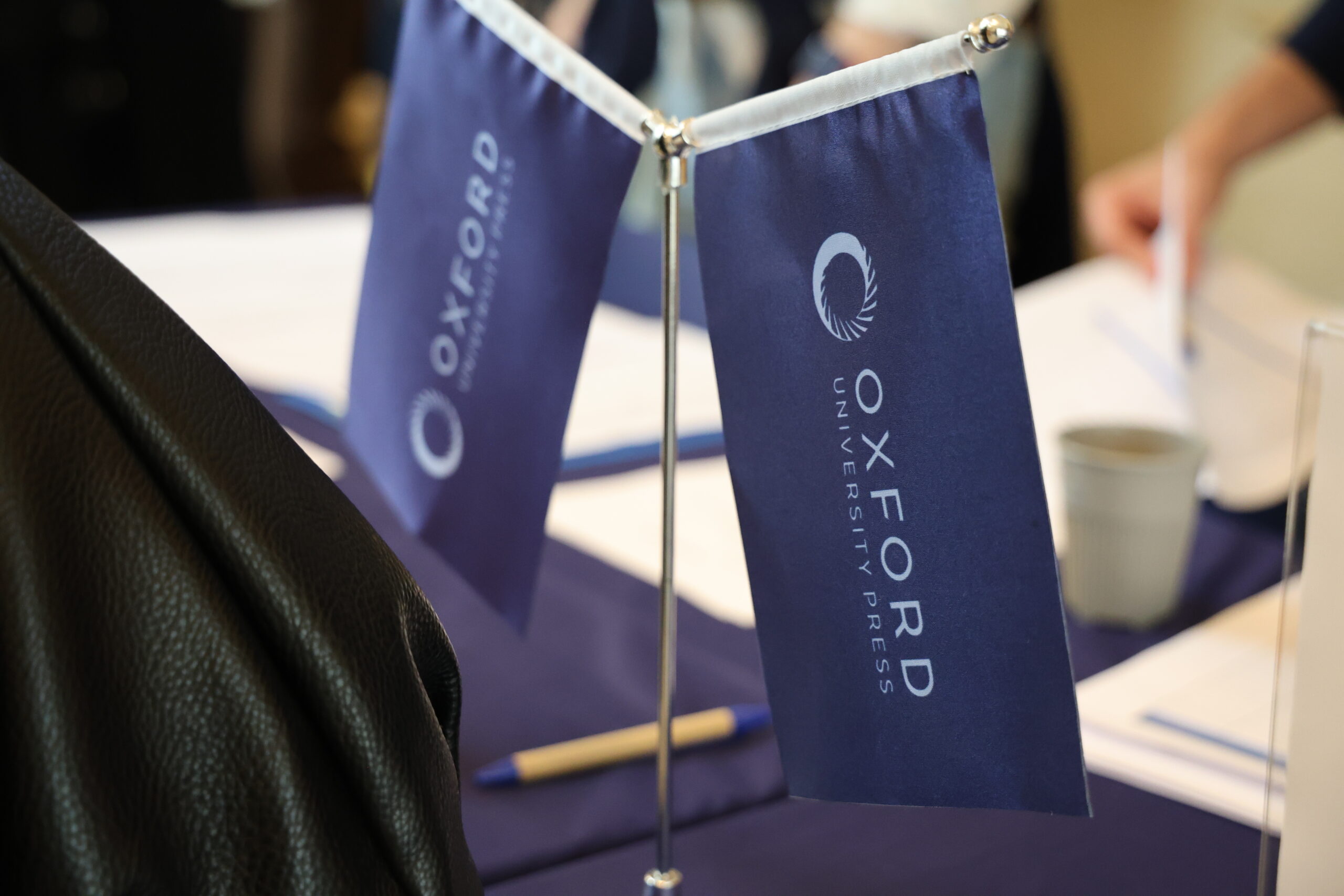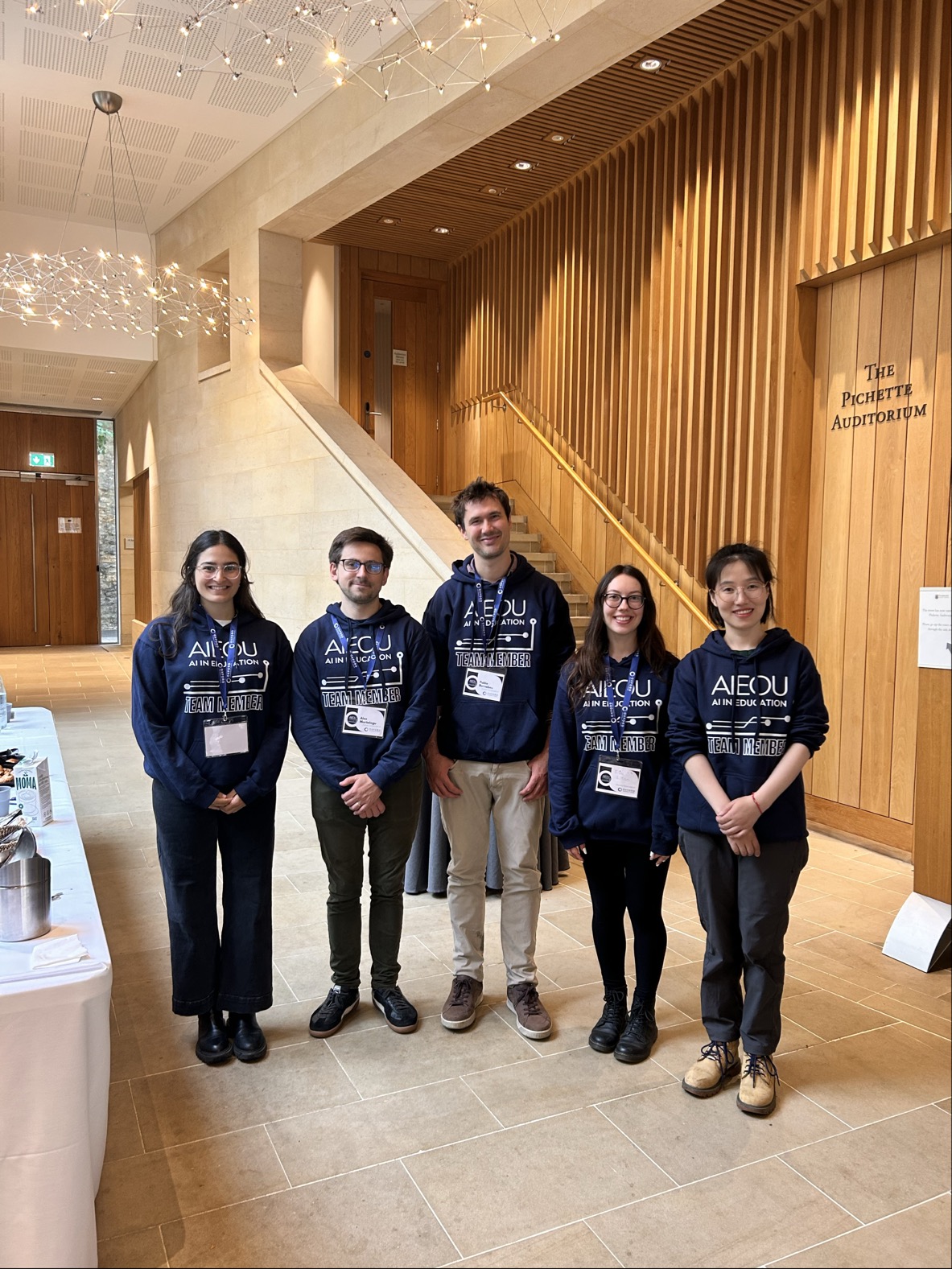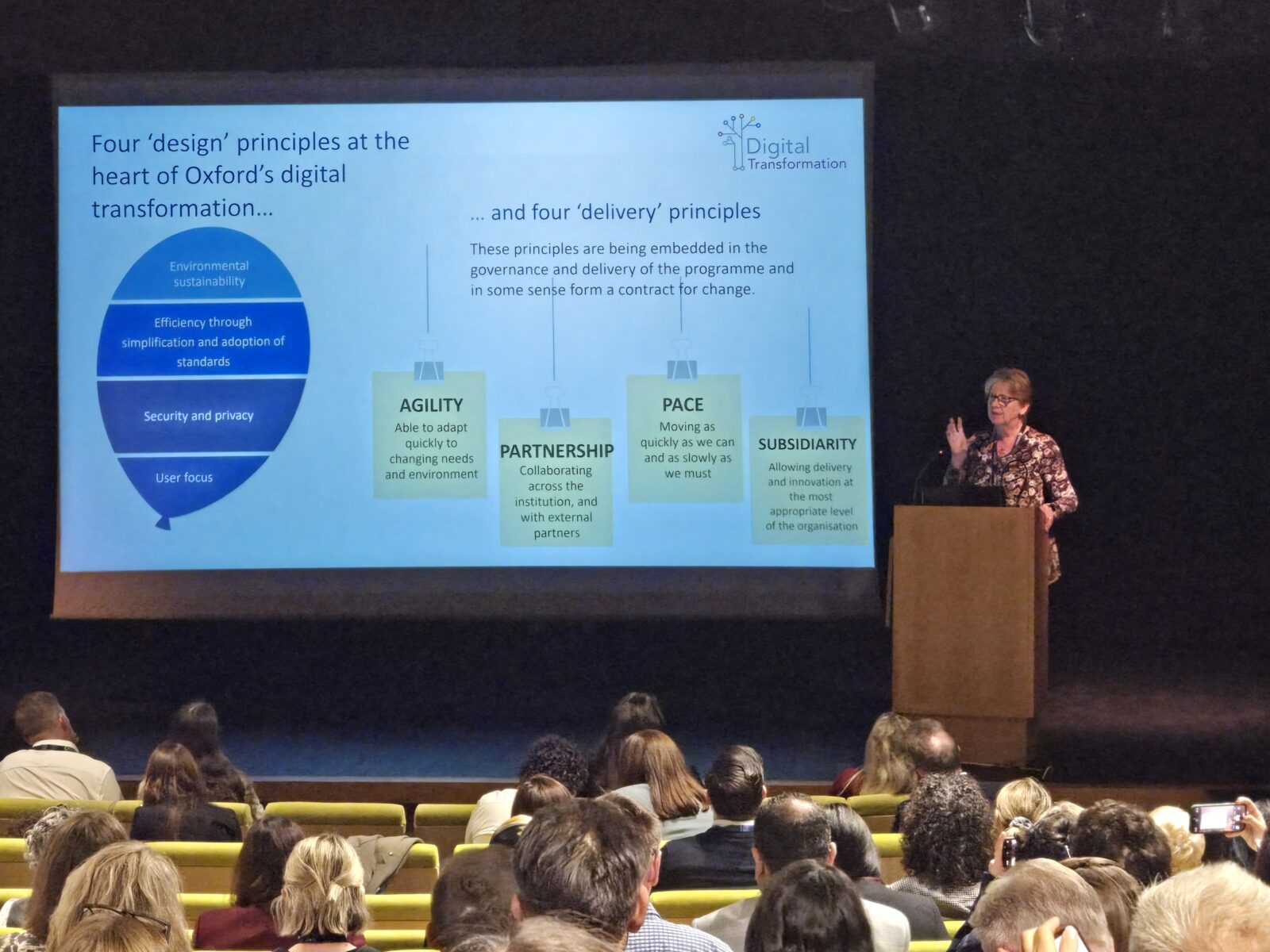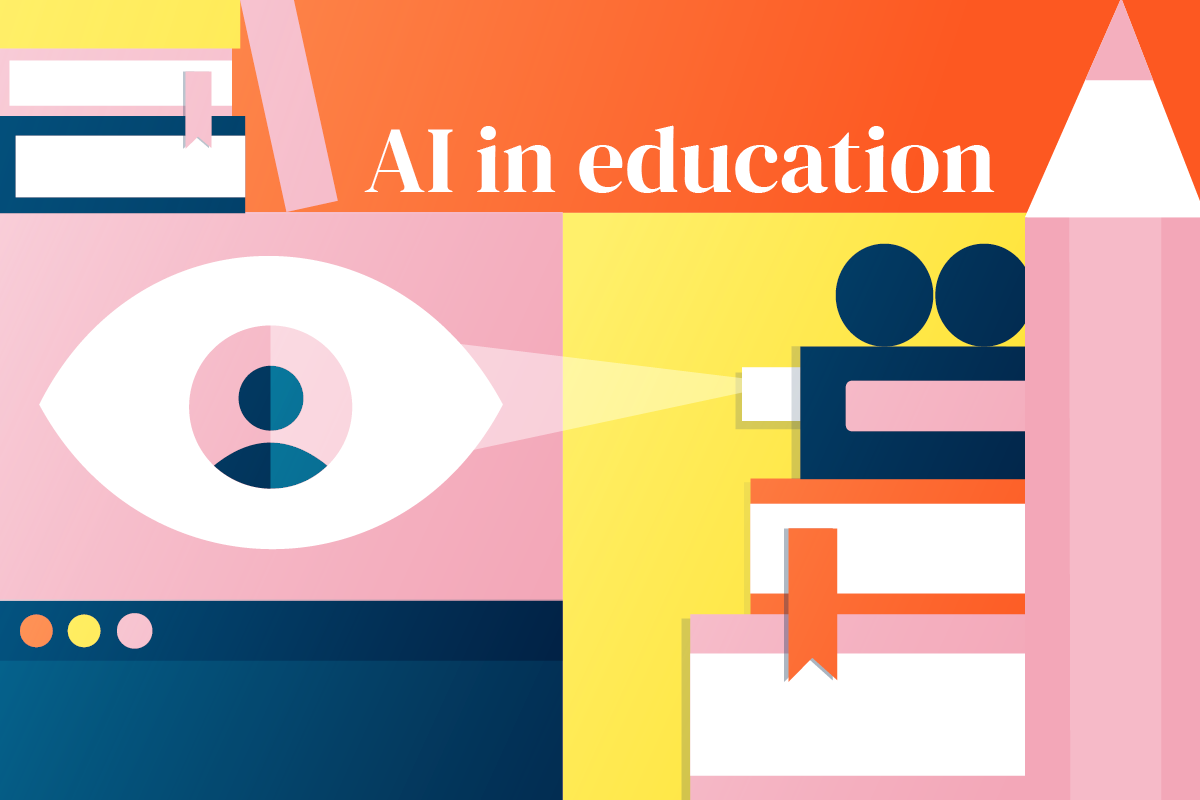Pioneering conversations on AI in Education at Oxford

Last week, OUP proudly sponsored the inaugural AI in Education at Oxford University (AIEOU) conference. The event brought together over 250 global experts to explore how artificial intelligence can shape the future of education in equitable, responsible, and human-centred ways.
The two-day conference convened researchers, educators, policymakers, and industry leaders from countries around the world including Australia, India, Canada, Tanzania, and the Middle East, to share insights, challenge assumptions, and build a collaborative roadmap for AI in education. With over 100 presentations and a strong interdisciplinary focus, the conference marked a significant step forward in shaping a more inclusive and informed educational future.
Exploring the role of AI in Education
OUP has been part of the AIEOU Hub since its launch in 2024 and it has since grown into a global network of more than 2,000 collaborators from over 100 countries. Its mission is to critically and constructively shape the future of education through interdisciplinary research and dialogue on AI.
Hosted by the University of Oxford’s Department of Education, the inaugural conference featured keynote speeches, panel discussions, and workshops. Topics included ethical frameworks, human agency, inclusivity, and the practical application of AI across all levels of education, from early years to higher education.


Sarah Ultsch
Product Strategy Director in our English Language Teaching division
“Oxford University Press is proud to support the inaugural AIEOU conference, an important forum for advancing interdisciplinary dialogue on the role of AI in education. By convening perspectives from policy, industry, and academic research across disciplines and geographies, AIEOU is helping to shape a more equitable and informed future for learners and scholars worldwide.”
Highlights from the programme
The conference opened with remarks from Dr Sara Ratner, Principal Investigator of the AIEOU Hub and Research Officer at the University of Oxford. She welcomed participants and emphasized the importance of working together across disciplines and borders:
“At a time when AI is challenging all that we do and know about teaching and learning, I am proud that Oxford is creating the space for conversations such as these to take place.”
Keynote speakers from the University of Oxford included Professor Liz Wonnacott (Department of Education) and Professor Rebecca Williams (Faculty of Law), who shared research on AI and language learning, and the legal regulation of AI in education. Professor Anne Trefethen, Pro Vice-Chancellor (Digital), also addressed the audience, highlighting the need for AI to be used in ways that are positive, equitable, and grounded in human experience.

Alexandra Tomescu, Product Specialist for Generative AI and Machine Learning at OUP, reflected on the event sharing her favourite quote from Professor Mike Sharples, Emeritus Professor of Educational Technology at The Open University: “AI is not one thing. Education is not one thing.”
Alexandra noted that this simple statement captured the complexity at the heart of the AI in education conversation. She emphasized that both humans and education systems are inherently complex, and that successful integration of AI must be iterative and flexible.
The conference also saw the unveiling of the ELT-Bench Project by OUP’s ELT Product team. This pioneering initiative introduces a global benchmark for evaluating the pedagogical effectiveness of AI systems in language learning. Developed by a cross-functional team of experts in pedagogy, data science, and AI architecture, ELT-Bench offers a rigorous, pedagogically grounded framework.
Designing AI for learners first
A recurring theme throughout the event was the importance of designing AI tools that prioritize pedagogy, equity, and real-world impact.
This was a key focus of a panel discussion featuring Isaac Pattis, AI Incubation Manager at OUP, who said: “AIEOU created space for conversations driven by educational needs. What stood out wasn’t just the content, it was the emergence of a community focused on designing AI to support meaningful learning.”
Isaac outlined four key principles that emerged from the discussions: design grounded in pedagogy, regulation that protects learners, implementation focused on effectiveness, and impact measured through equity. These themes reflect a consensus that AI in education must be shaped by the needs of learners, not just technological innovation.

Looking ahead
The AIEOU Hub continues to grow as a platform for global collaboration, with plans to expand its research, partnerships, and impact. As the conversation around AI in education evolves, OUP remains committed to supporting initiatives that prioritize equity, evidence, and learner outcomes.
You can find out more about the AIEOU Hub and its work here.




